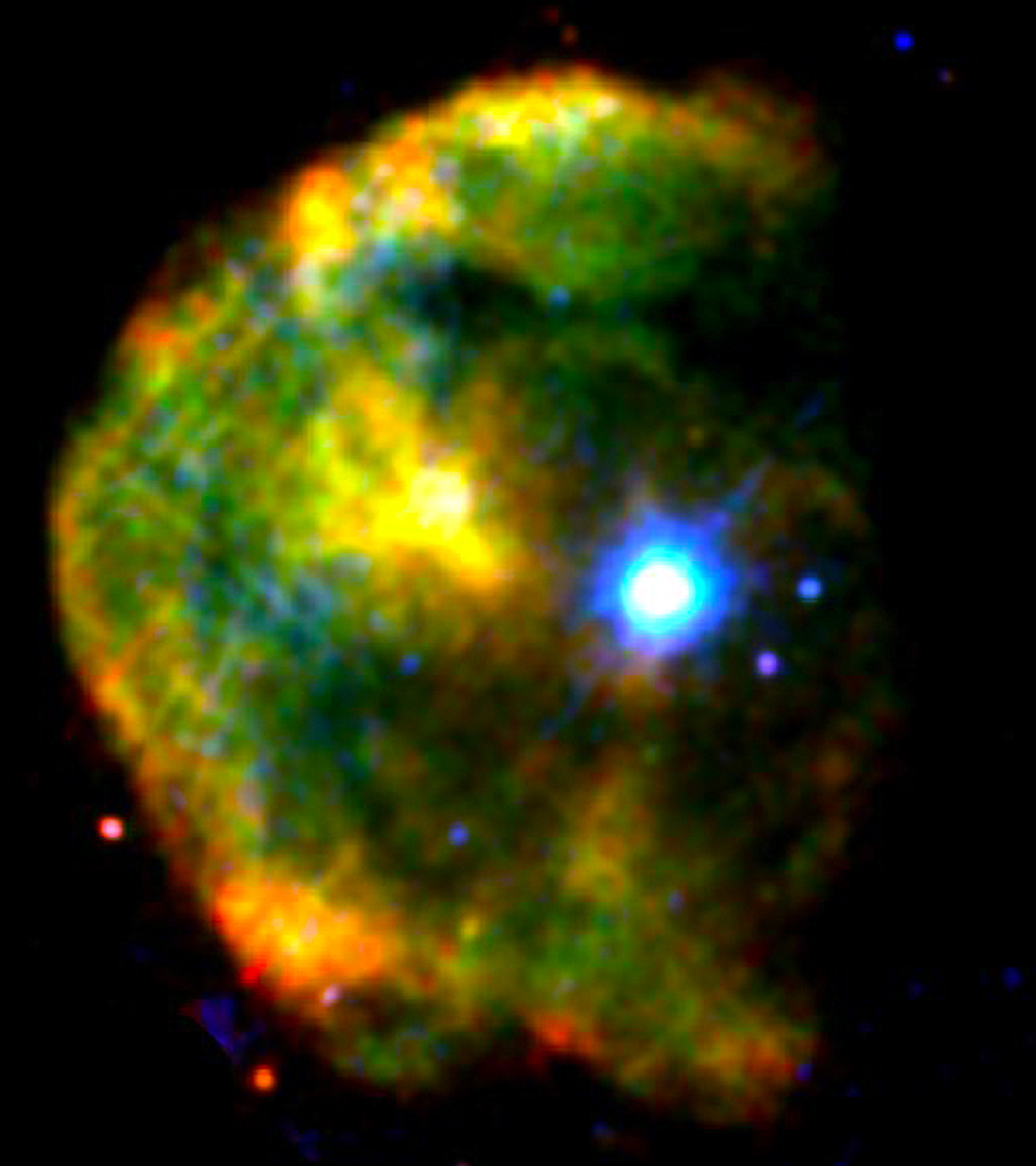In recent years, the Hubble Space Telescope has revealed a plethora of new insight in to the universe around us. However, its successor, NASA’s James Webb Space Telescope, may have discovered something surprising. Recent data from the Webb Telescope suggests that supermassive black holes may not be as plentiful as previously believed.
Supermassive black holes are the most massive objects in the universe, with masses over millions or billions of times the mass of the sun. It was traditionally believed that these celestial objects were abundant throughout the cosmos, each residing in the middle of its own associated galaxy. However, the new data from the Webb Telescope reveals that this may not be the case.
The data suggests that the distribution of supermassive black holes isn’t as uniform as previously thought. Instead, it appears many more galaxies contain smaller, nuclear-mass black holes—less than one millionth the mass of the sun. Further analysis of the Webb Telescope data will continue to challenge our understanding of the universe.
This new research not only changes our perception of galaxies, but also reveals how black holes grow and evolve. It could be that supermassive black holes form in the center of our galaxy through the merger of many smaller black holes. These small nuclear-mass black holes will be the source material for the growth of future supermassive black holes.
In addition to this, the new data provides evidence that the universe may actually contain significantly less matter than previously assumed. This could have implications for our understanding of the expansion of the universe, dark matter, and dark energy.
Overall, the new data from the Webb Telescope presents a number of unanswered questions and unexpected discoveries about the nature of the universe. It’s clear that further research is necessary to fully understand the implications of these findings. In the future, the Webb Telescope promises to provide more insights into this ever changing and fascinating universe.

